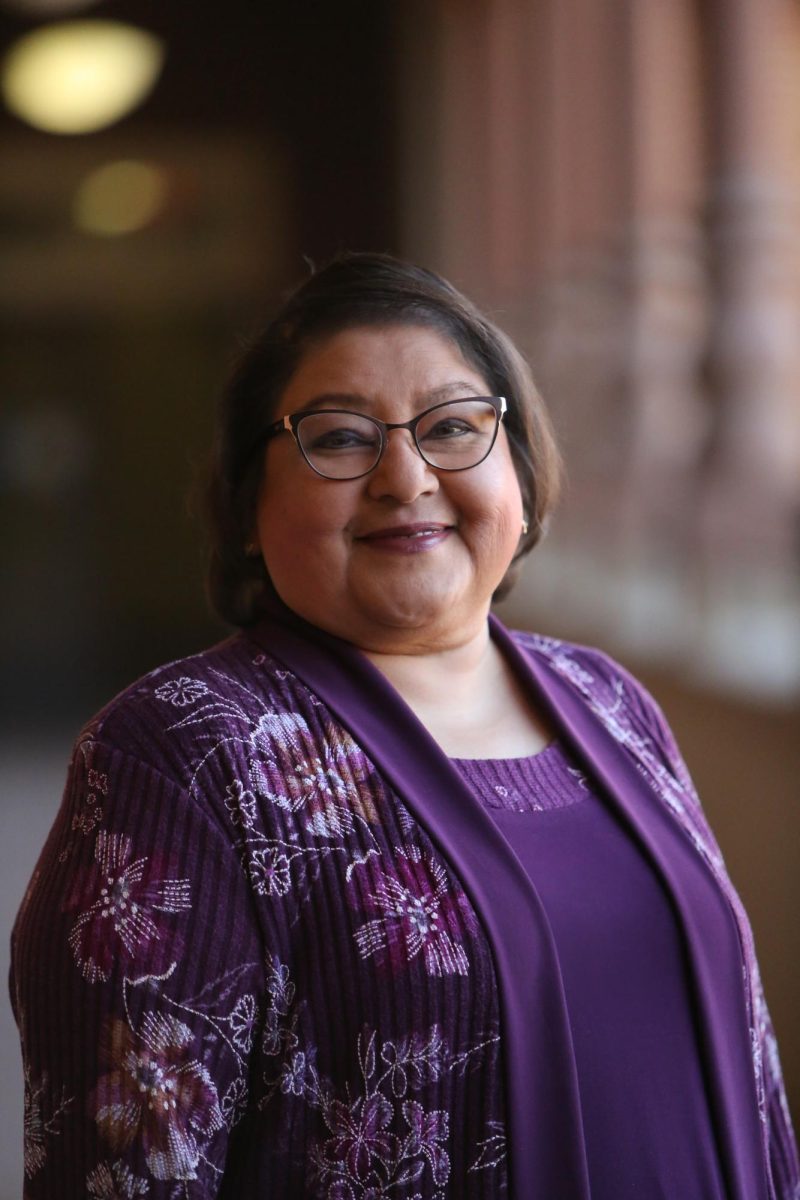“We are here for you,” a deceptive assurance given by numerous Fresno City College counselors. Counselors aren’t fully explaining to students what classes are and why they should take them, are unclear about the programs and pathways that the school offers, do not have available appointments and are ultimately not setting students up for success.
We want to emphasize not all counselors fall under this list, but many do.
Counselors aren’t quite sure what some of the classes even are, often misleading students.
Some students who joined Journalism 11A, The Rampage, were told by their counselors that the class is “easy going” and would not require a lot of effort.
However once they joined, they quickly realized that they were lied to. They realize the class is not an “easy A,” especially if they don’t have a passion for journalism or don’t put in work. Many of these students have been forced to drop the class shortly after joining, putting pressure on other student journalists who depend on everyone’s contribution.
Some editors have voiced concerns about being a part of multiple programs, yet the counselors are unable to set students up successfully to graduate from both.
For example, a portion of students at FCC are a part of the Leon S. Peters Honors Program on top of their chosen major. With this program students are required to take 16 honors credit classes. Some counselors have overlooked this when telling students which classes to take, ultimately keeping them at school longer.
Another example is this “ping-pong” relationship they have built with students. Students are sent back and forth between different programs to talk about joining, when the typical response from programs is: “Your counselor should have explained that to you.”
This is frustrating and disappointing. Students are supposed to be able to trust their counselor, not have to fact check them and do their own research after every conversation.
When meeting with different counselors, they often say different things. One counselor can tell a student that a class is beneficial while the other asks why that class is being taken. This creates tension between the students and counselors because students don’t know who to believe.
The main goal of going to college is to graduate with a degree or to transfer. The counselors know this, yet the communication between them, if they get another job or aren’t available to be seen, is slim to none. It leaves us with no other option but to track them down and jump through hoops.
We, students, are tired of being lied to.
On top of this, students are unable to make an appointment with their counselors.
When using Starfish, students are supposed to be able to set up an appointment with a person on their pathway’s counseling team. However, students are being redirected to call the counseling department or attend drop in sessions.
Students are having to even go to the West Fresno Center Counseling to speak to their team just to get some indirect information about transferring or what classes they have to take.
Each counselor does not have their own number, therefore students who call are put on a waiting list, the same waiting game is played with drop in sessions.
Students can never be sure that they are going to speak to counselors when they need to. Whereas when setting an appointment, students know the exact date and time that they can talk to a counselor.
Kurt Piland, the Dean of Counseling at FCC, said, “I don’t disagree with any of those comments or concerns…There’s some changes that we’ve really done and tried to implement to be more accessible.”
All students look forward to graduating and getting their degree. Counselors make this goal feel almost impossible due to the lack of guidance and cohesiveness.





